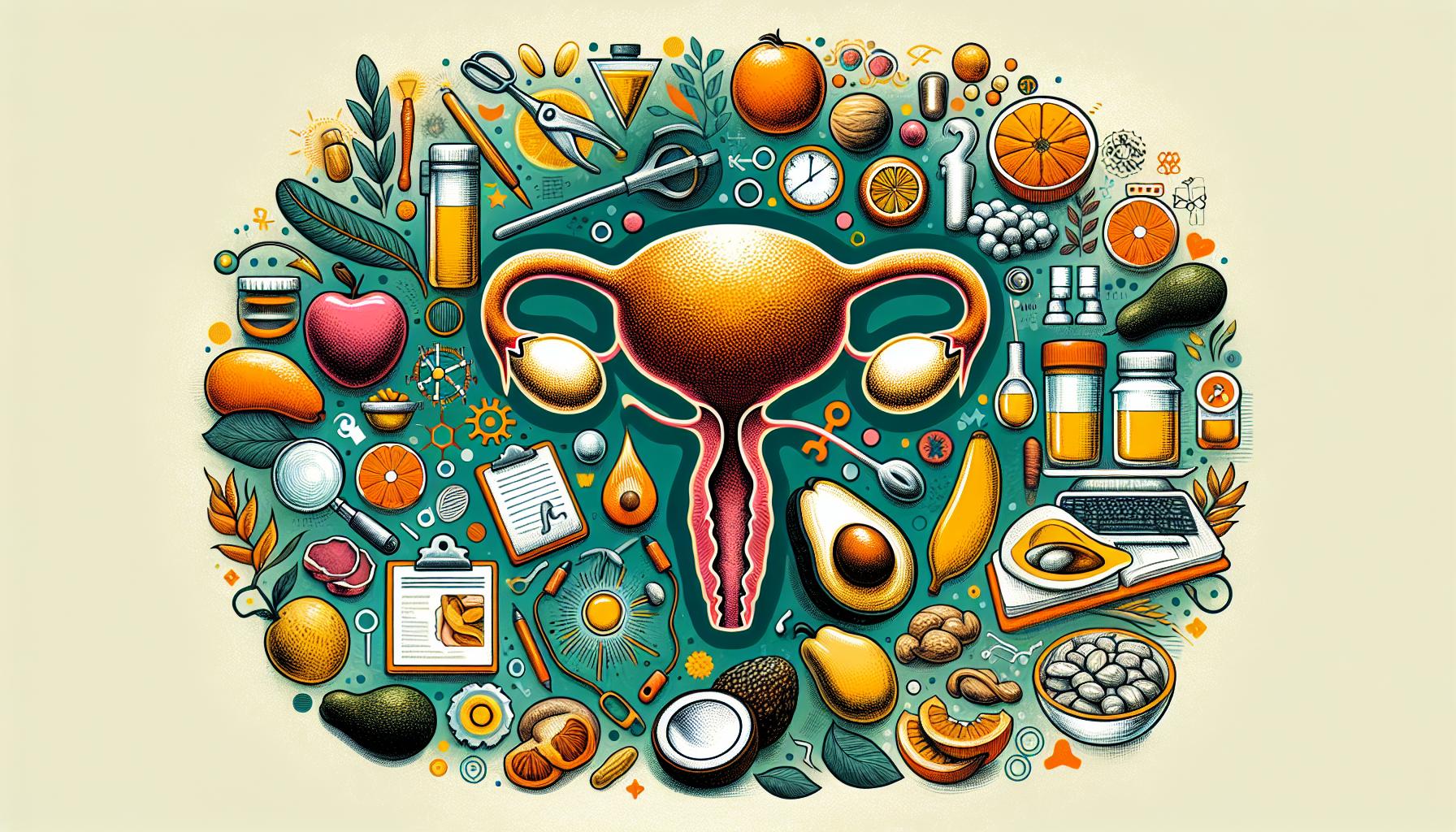Introduction
Ever tried to navigate the sea of information when it comes to diet choices and their possible impacts on health conditions? It’s enough to make your head spin. One diet that has been making waves in recent times is the ketogenic diet – a high fat, low carbohydrate plan that sends the body into a state of ketosis. This article delves into how this particular dietary regimen might interact with prostate cancer treatments. In brief, research suggests that a ketogenic diet may complement standard medical treatments for prostate cancer by potentially disrupting cancer cell metabolism. In the following sections, we will go into detail about the ketogenic diet, its effects on prostate cancer, and answer some commonly asked questions.
What is the Ketogenic Diet?
Rooted in reducing carbohydrates and bumping up fat intake, the ketogenic diet guides your body towards a metabolic state known as ketosis. Here, fat becomes the primary energy source, replacing the usual sugar gleaned from carbohydrates. The usual ratio in a typical ketogenic, or ‘keto’, diet is around 70% of calories from fat, 20% from protein and a tiny 10% from carbohydrates.
Kicking off Ketosis
Getting your body into ketosis isn’t a walk in the park. However, once you’re in, your body becomes a fat-burning machine, which can have potential benefits for weight loss and certain health conditions. But the question we’re curious about is: how can this help with prostate cancer?
Ketogenic Diet and Prostate Cancer
In traditional cancer treatments, normal cells and cancer cells vie for nutrients, often with the latter winning, leaving normal cells starved and weakened. By shifting the fuel source from glucose (sugar) to ketones (fat-derived molecules), a ketogenic diet might create an unfavourable environment for cancer cells, which generally prefer feeding off glucose. These cancer cells could find it harder to survive and thrive, theoretically supporting the effectiveness of standard cancer treatments.
Calm Before the Storm
Now, it’s important to remember that a dietary change as drastic as adopting a ketogenic diet should never be entered into without the green light from a medical professional – especially if it’s being considered as a complementary tool in something as serious as cancer treatment. The impact it might have can vary immensely from person to person due to genetic and various other factors.
Weighing the Pros and Cons
The potential benefits of a ketogenic diet on prostate cancer are intriguing, but it’s important to push past the hype and consider the nitty-gritty details. If you’re mulling switching to the ketogenic diet (either for general health or as part of your cancer-fighting arsenal), keep in mind that it comes with its bout of side effects, such as fatigue, nausea, dizziness, and constipation. Not to mention, maintaining such a strict diet can be a challenging commitment.
Navigating the Diet Dilemma
In a nutshell, switching your body’s fuel source might sound like a great idea but as with all things related to health, the scale of benefit and detriment needs to be carefully weighed. Every individual’s situation is different – something that works remarkably for one person may not yield the same result for another.
Conclusion
It’s clear that the ketogenic diet has its claims to fame when it comes to weight loss and certain health conditions, but as a complementary tool in the fight against prostate cancer, it’s still being explored. While the potential for positive impacts exists, the definitive verdict is yet to be delivered. As ever, any alterations to your diet, especially when dealing with something as serious as cancer, should occur under the scrutiny of a trained healthcare professional.
Frequently Asked Questions
1. What are the symptoms of prostate cancer?
Common symptoms include difficulty in urinating, blood in the urine, discomfort in the pelvic area, and erectile dysfunction.
2. Can a ketogenic diet cure prostate cancer?
No, a ketogenic diet cannot ‘cure’ cancer. It is being studied as a possible tool that can support traditional treatment methods.
3. What foods are included in a ketogenic diet?
A ketogenic diet typically includes high-fat foods such as meats, fish, nuts, avocados, and low-carb vegetables.
4. Does a ketogenic diet have side effects?
Yes, possible side effects include fatigue, nausea, constipation, dizziness, and in some cases, a rise in cholesterol.
5. Should I start a ketogenic diet if I am suffering from prostate cancer?
Before making any diet changes, especially when dealing with a health condition like cancer, always seek the advice of a healthcare professional.


